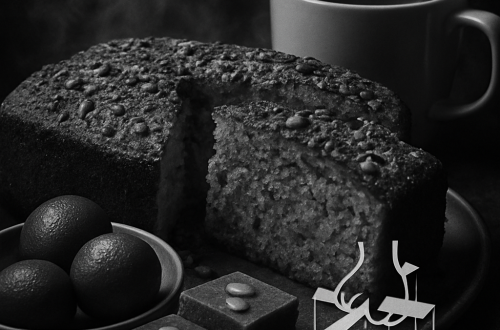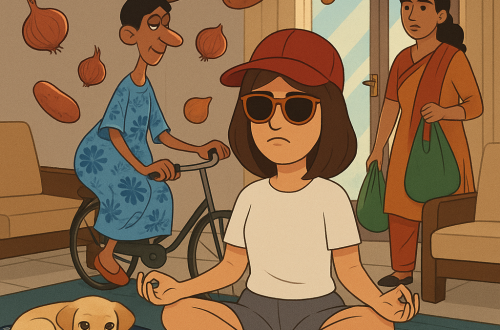Raw Emotional Self-Reflection: Leastinterested, A Reader Who Wasn’t

Raw Emotional Self-Reflection Begins Here
Truth be told—I barely read growing up.
Not in the way the world expected me to, anyway.
And certainly not like someone writing a raw emotional self-reflection about books and silence.
Our house? Overflowing with books, newspapers, and magazines. A reading utopia, really.
My dad was voracious. My granny? Vicious with print. My two older sisters? They consumed two Mills & Boons per day like it was some hormonal ritual.
We subscribed to everything from The Week to Reader’s Digest. Genres spilled off shelves. No one ever said no to reading. Especially not my dad—he welcomed every form of the written word.
When You’re Surrounded by Words But Don’t Belong to Them
My granny took it to another level.
She could read a newspaper for three hours straight—not on a couch, but on the porch stairs.
From there, she could observe the neighborhood, oversee the kitchen drama, and probably predict climate change.
And me? I read the obituary section.
Yes, the full-page death announcements.
Maybe it was Mangalore’s obsession with funerals and dead people, or perhaps I just liked the drama of it.
There’s something haunting about a life reduced to one photo and a few lines of text—tucked between classifieds and cricket scores.
Meanwhile, my sisters indulged in their romantic delusions—photo novels and mushy Mills & Boons with legendary plotlines and flawless hair.
I tried.
Really, I did. I went on library runs with them and even tried to look the part—furrowed brows, flipping pages, performing like some scholar of the world.
I picked up Enid Blytons with hawk-like enthusiasm… and promptly zoned out.
Snacks were more compelling than subplots.
Outside school, I found colour and drama in stationery shops and whispered gossip. That was my kind of nonfiction.
So no, I didn’t really read.
They noticed.
Pointed it out.
Tried to care—maybe even help.
But in the end, it sounded like shame.
Raw Emotional Self-Reflection Isn’t Taught. It’s Lived.
Thankfully, my parents never compared.
They didn’t count books or glorify M&Bs like trophies. And for that, I’m grateful.
Instead, my dad taught me how to think.
He passed down the Constitution, land rights, and laws like heirlooms.
What he gave me—applied knowledge—was something most academic reading never could.
Not fiction. Function.
Writing as Recovery from Silence
Eventually, the silence arrived.
I started writing later.
But somewhere along the way, someone dimmed that light.
Let’s call him the ex.
Self-declared scholar. Destroyer of spontaneous expression.
He shut me down for over five years.
Told me I wasn’t good enough.
Insisted I didn’t know enough.
Dismissed me for not being “read” enough.
And I choked.
Words dissolved.
Whole paragraphs went missing mid-conversation.
Even now, that fog returns—a cruel echo of someone else’s judgment still lodged in my throat.
Why I Write Now — And For Whom
But now? I write.
I write the feelings I avoid.
The ones I don’t touch.
And the ones I finally let live.
Not for applause.
Not for the perfect pitch.
Certainly not for you.
I write for me.
Because nothing is louder than the silence inside when you stop expressing.
Leastinterested. But Never Unfeeling.
So no, I wasn’t the reader you expected.
I was leastinterested.
But I watched.
Absorbed.
Lived.
And now, I write.
This is my raw emotional self-reflection—born from silence, shame, and finally, space.
And this time? I gave it a home.
🖤 My blog is live: callmeunfiltered.com
Because the feelings didn’t fit into a report or deck. But they found space here.






